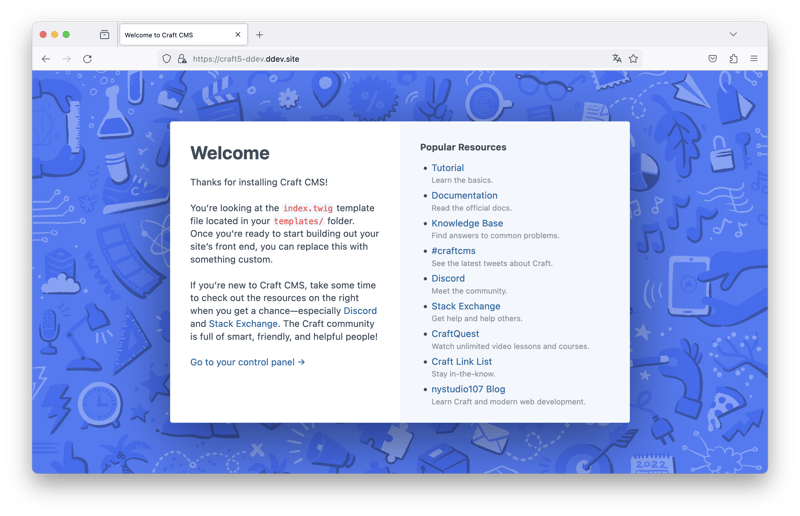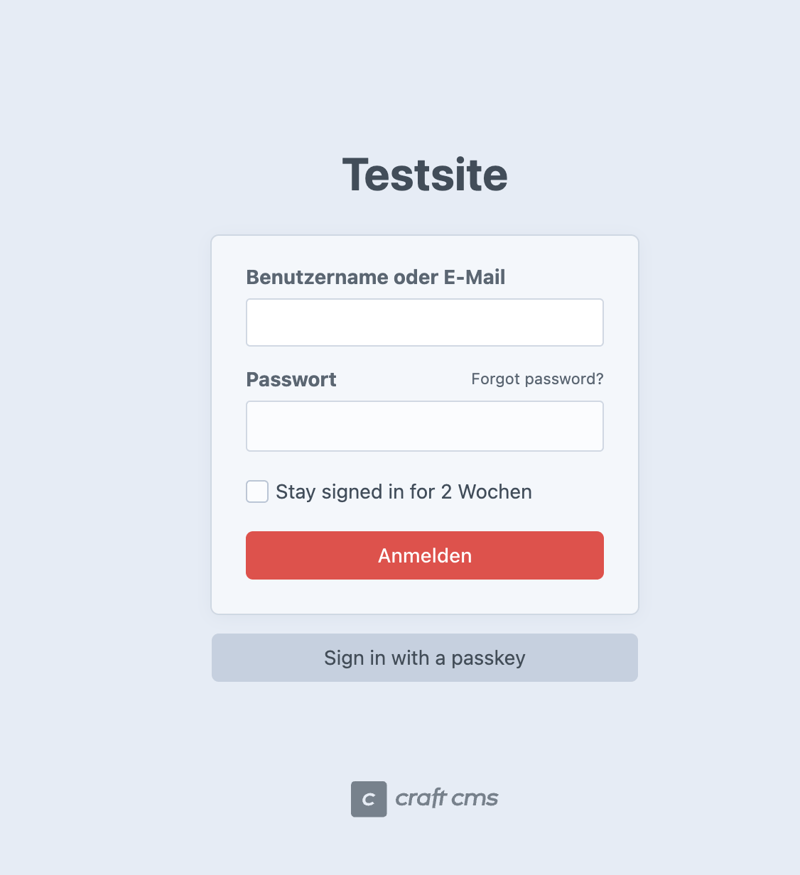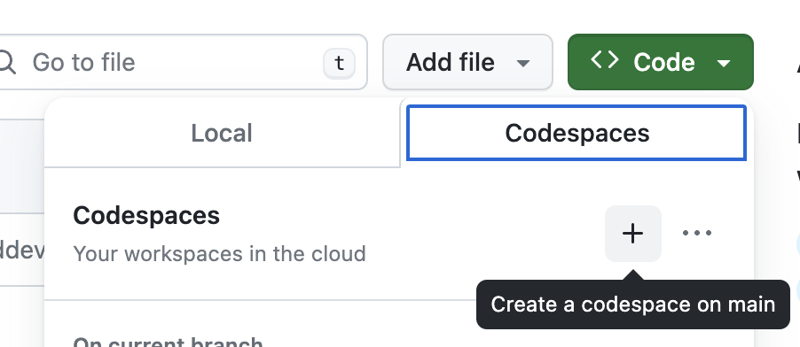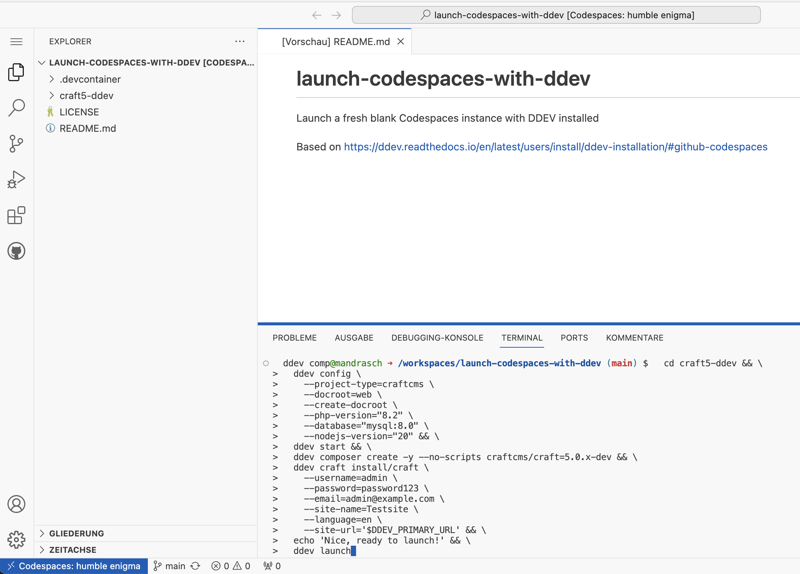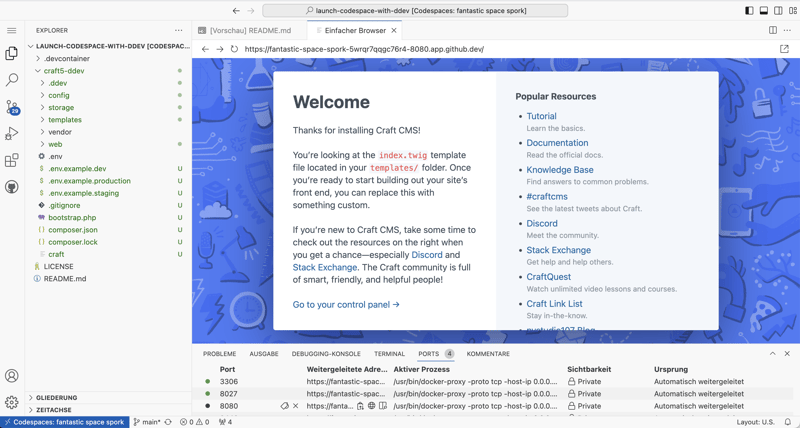dev-resources.site
for different kinds of informations.
Install Craft CMS v4 with one command via DDEV
2023 was another great year for Craft CMS: 2023 in Review. There are now over 8'000 developers registered in Craft Discord according to the latest State of Craft talk by Brandon Kelly.
Do you want to try it quickly?
Looking for Craft v5?
Requirements
If you haven't installed a Docker runtime, you might be happy with Orbstack. Other alternatives: DDEV docs: Docker installation.
Afterwards you can simply install DDEV via homebrew (on Mac):
brew install ddev/ddev/ddev && mkcert -install
Check if it was successful with ddev -v.
For other operating systems see DDEV docs for setup instructions.
Install CraftCMS v4
Get the latest CraftCMS v4 version with this one command:
mkdir craft4-ddev && \
cd craft4-ddev && \
ddev config \
--project-type=craftcms \
--docroot=web \
--create-docroot \
--php-version="8.2" \
--database="mysql:8.0" \
--nodejs-version="20" && \
ddev start -y && \
ddev composer create -y --no-scripts --no-interaction "craftcms/craft:^4" && \
ddev craft install/craft \
--username=admin \
--password=password123 \
[email protected] \
--site-name=Testsite \
--language=en \
--site-url='$DDEV_PRIMARY_URL' && \
echo 'Nice, ready to launch!' && \
ddev launch
You will be greeted with the default index template:
You can also open the backend via
ddev launch /admin
and login via admin and password123.
Automate it
You can take this one step further and generate the folder (and therefore project names) dynamically. Thanks very much to August Miller for this recommendation!
TIMESTAMP_FOLDER=$(date +'%Y%m%d-%H%M'); mkdir "craft4-$TIMESTAMP_FOLDER" && cd "craft4-$TIMESTAMP_FOLDER" && \
ddev config \
--project-type=craftcms \
--docroot=web \
--create-docroot \
--php-version="8.2" \
--database="mysql:8.0" \
--nodejs-version="20" && \
ddev start -y && \
ddev composer create -y --no-scripts --no-interaction "craftcms/craft:^4" && \
ddev craft install/craft \
--username=admin \
--password=password123 \
--email=[email protected] \
--site-name=Testsite \
--language=en \
--site-url='$DDEV_PRIMARY_URL' && \
echo 'Nice, ready to launch!' && \
ddev launch
But beware to not fill up your local harddrive too much. Delete DDEV projects with ddev delete (or ddev delete -O without snapshot) and keep your projects organized with ddev list. You can also use ddev delete -O <project-name>.
Try it out online with GitHub Codespaces
If you don't want to install Craft CMS v4 locally, you could also launch a new Github Codespace instance here:
Paste the command from above into the terminal:
Open port 8080 (web) in the simple browser or in a new browser tab in the ports section:
Have fun trying out Craft CMS!
More Resources:
Featured ones:
